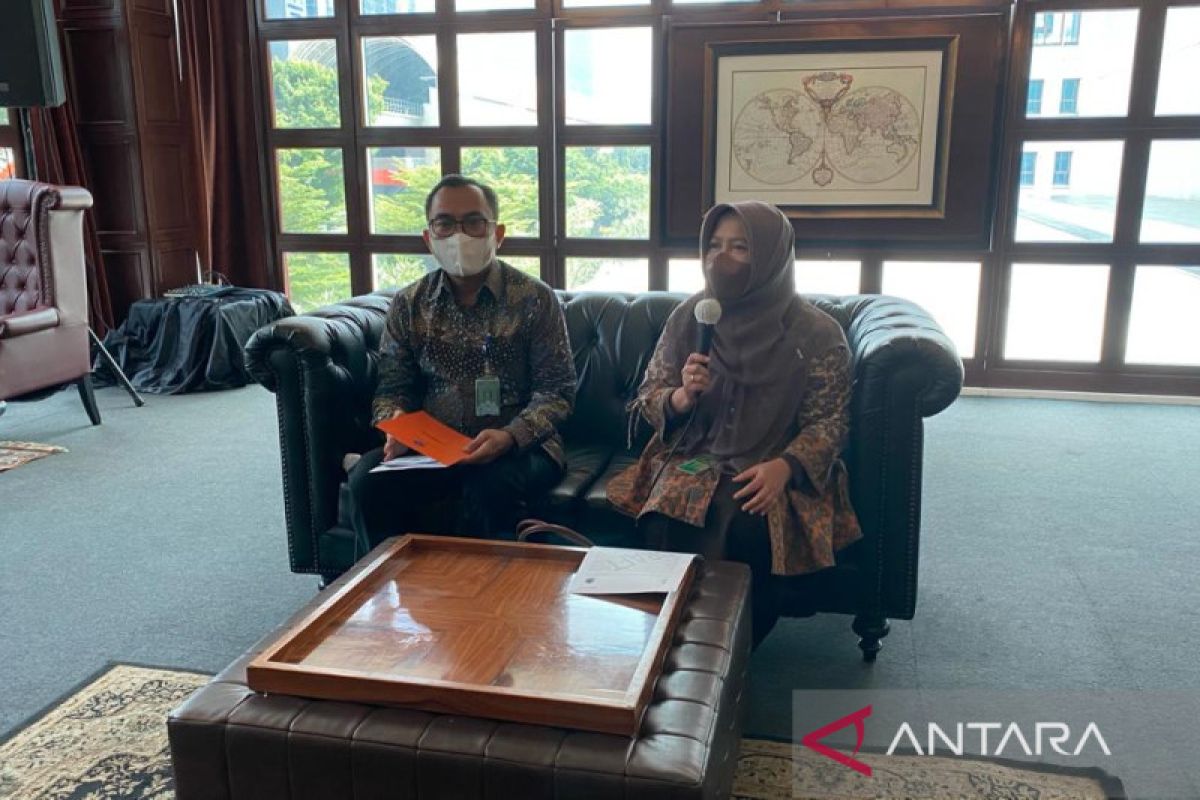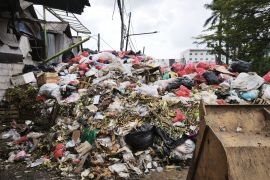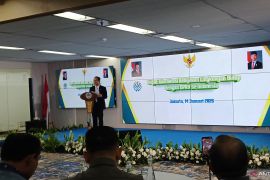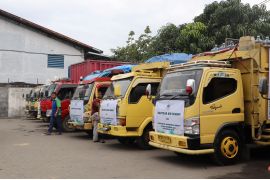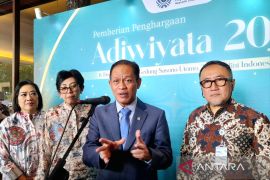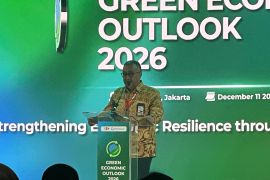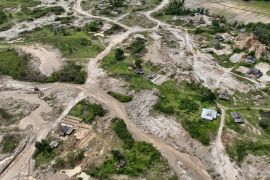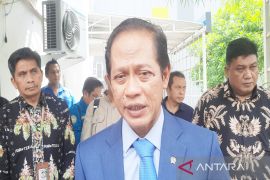When the UNEP Executive Director said 99 percent globally, Indonesia's contribution is significant.Jakarta (ANTARA) - Indonesia has contributed notably to the achievement of reducing ozone-depleting substances (ODS) by 99 percent globally since the country ratified the Montreal Protocol three decades ago, the Environment and Forestry Ministry stated.
The ministry's Director General of Climate Change Mitigation Laksmi Dhewanti cited a report of the UN Environment Programme (UNEP) that almost 99 percent of the ODS had been phased out, and the ozone layer had recovered gradually.
"When the UNEP Executive Director said 99 percent globally, Indonesia's contribution is significant," Dhewanti stated at the commemoration of World Ozone Day 2022 here on Friday.
Related news: G20 nations laud Indonesia's sea-based climate action initiative
The Montreal Protocol, finalized in 1987, is a global agreement to protect the stratospheric ozone layer by phasing out the production and consumption of ozone-depleting substances.
Dhewanti said Indonesia had proven that during 30 years of implementation of the Montreal Protocol, ODS consumption could be reduced as targeted in the agreement.
In 1998, Indonesia did away with the consumption of halons, carbon tetrachloride (CTC), and methyl chloroform. In 2008, it succeeded in phasing out the consumption of chlorofluorocarbons (CFCs), two years sooner than its target in 2010 set under the Montreal Protocol.
In the same year, Indonesia stopped the use of methyl bromide for non-quarantine and pre-shipment purposes, or seven years sooner than its target in 2015, she remarked.
Related news: Several G20 countries support Indonesia's climate policies: Minister
On January 1, 2022, the country phased out the consumption of hydrochlorofluorocarbon (HCFC-141b) largely used in the foam industry.
The next target is to phase out the consumption of hydrofluorocarbons (HFCs) or greenhouse gas, which based on the Kigali Amendment, should be reduced gradually by 80 percent by 2040.
The Kigali Amendment to the Montreal Protocol is an international agreement to gradually reduce the consumption and production of HFCs.
The achievement is the fruit of close cooperation among ministries and institutions, Dhewanti said.
Dhewanti remarked that one of the inter-ministerial collaborations was the cooperation between Environment and Forestry Ministry and Manpower Ministry to train technicians to implement environment-friendly practises in Air Conditioner (AC) installation.
Secretary of the Directorate General of Vocational Training and Productivity of the Manpower Ministry Hery Budoyo said the training is targeted to produce one thousand competent technicians for AC installation in offices, public transportation, and houses.
Related news: Minister highlights Montreal Protocol role in handling climate change
Related news: Stakeholders, public should lower carbon emissions: Minister
Translator: Prisca T Violleta, Sri Haryati
Editor: Fardah Assegaf
Copyright © ANTARA 2022
